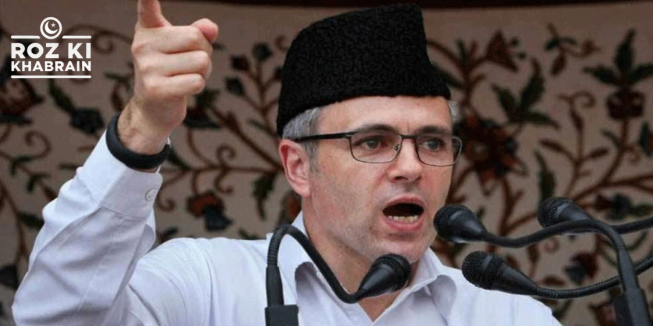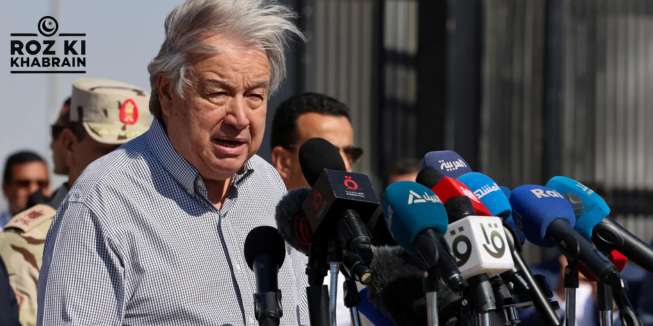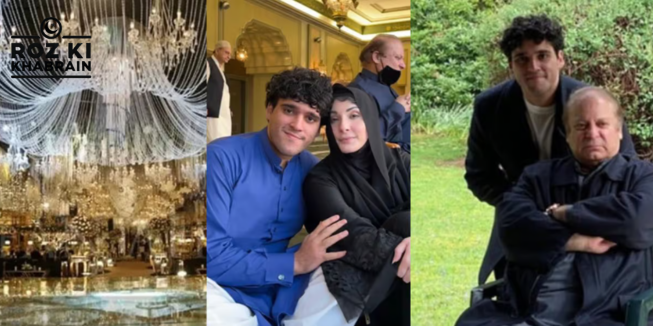After the revocation of the special status conferred by Article 370 in 2019 and the establishment of Indian Illegally Occupied Jammu and Kashmir (IIOJK) as a federal unit, Omar Abdullah has been sworn in as the first chief minister.
According to international news agencies, the National Conference party, led by Farooq Abdullah, emerged victorious in the recent elections in occupied Jammu and Kashmir, securing 43 seats. Meanwhile, the allied Congress party won in 8 constituencies.
“We look forward to collaborating with the Government of India to address the issues faced by the people, and the best way to begin is by restoring statehood to Jammu and Kashmir,” Mr. Abdullah stated in an interview with an Indian news channel after offering prayers at the Hazratbal shrine.
With a total of 51 seats out of 90, the National Conference nominated Omar Abdullah as chief minister.
Omar Abdullah previously held the position from 2009 to 2015 during the pro-India administration.
The Congress party, which was an ally of the National Conference, has decided not to join the new IIOJK government.
Tariq Hameed Karra, chief of the Jammu and Kashmir Pradesh Congress Committee, explained that his party has consistently urged the Centre to restore statehood to IIOJK, as the Prime Minister has promised in public meetings. However, since statehood has yet to be reinstated, they are dissatisfied with the situation and will not be joining the Ministry.
The rift between Farooq Abdullah and Modi’s government intensified in 2019 when a controversial law was enacted to revoke the special status of IIOJK, integrating it into India as a federal unit.
In response to this controversial move, Kashmiri leaders aligned with Modi, including Farooq Abdullah, Omar Abdullah, and Mehbooba Mufti, protested, leading to their detention for nearly a year.
The elections held this month were the first electoral process since the region’s status was changed to a federal unit of India.




